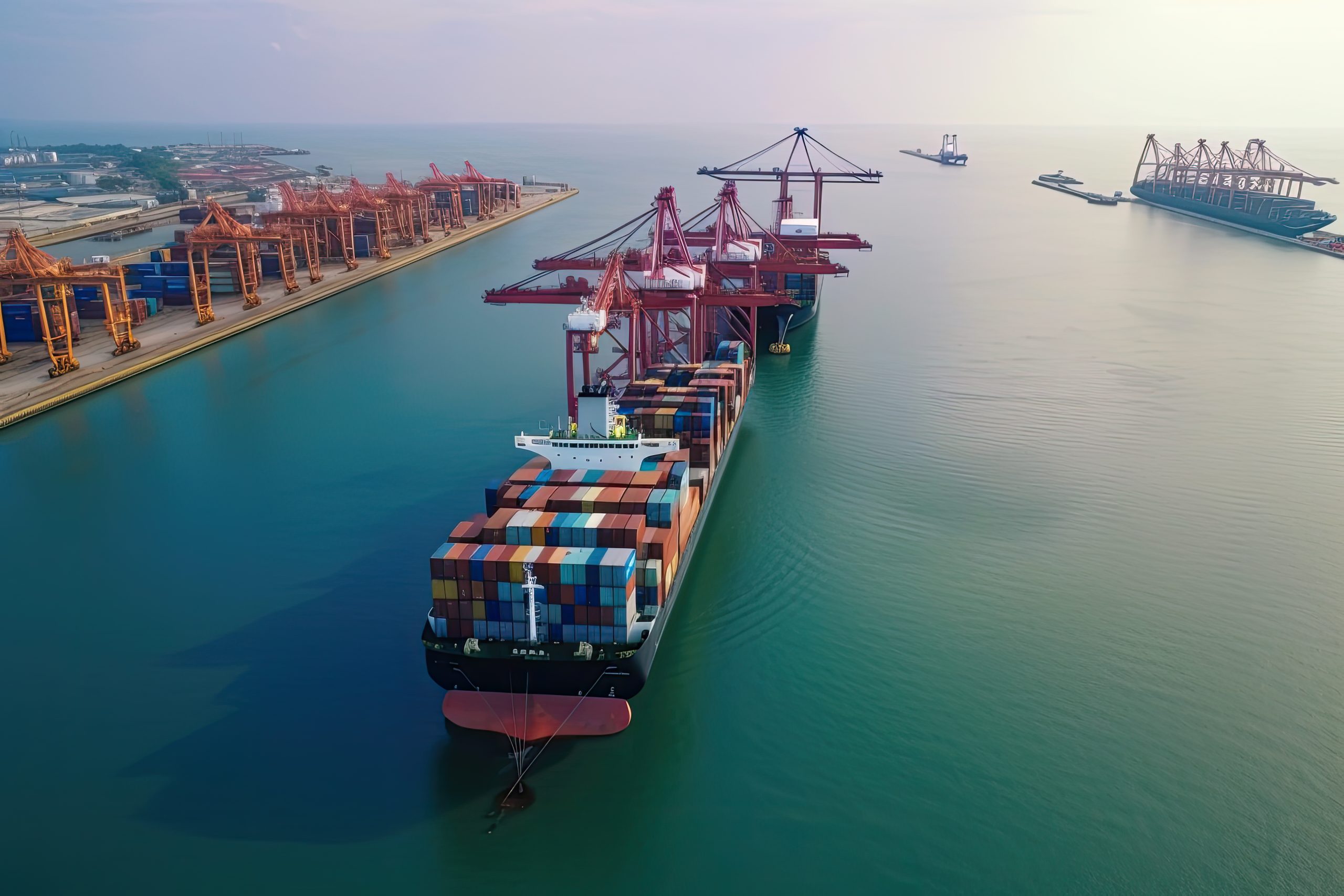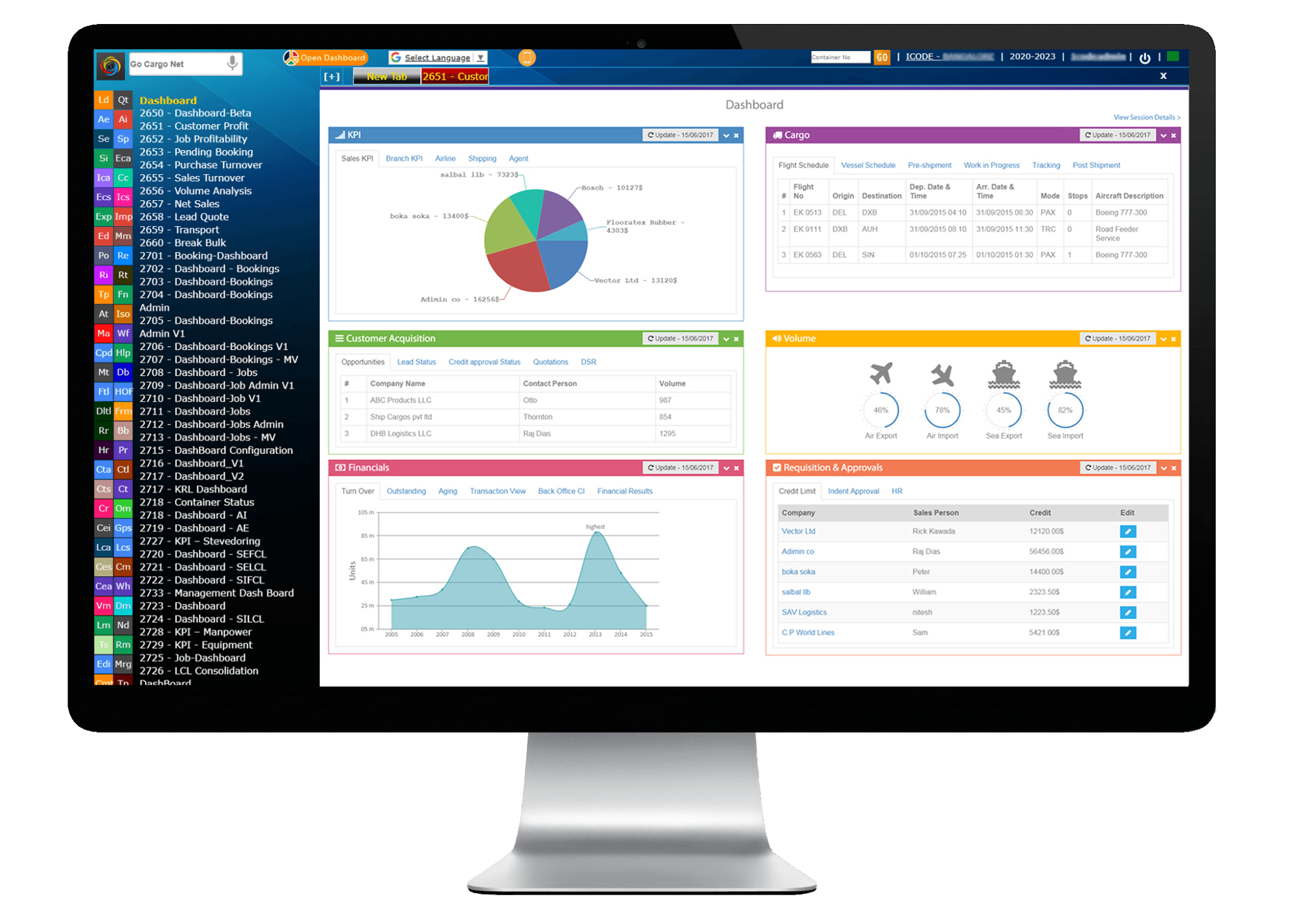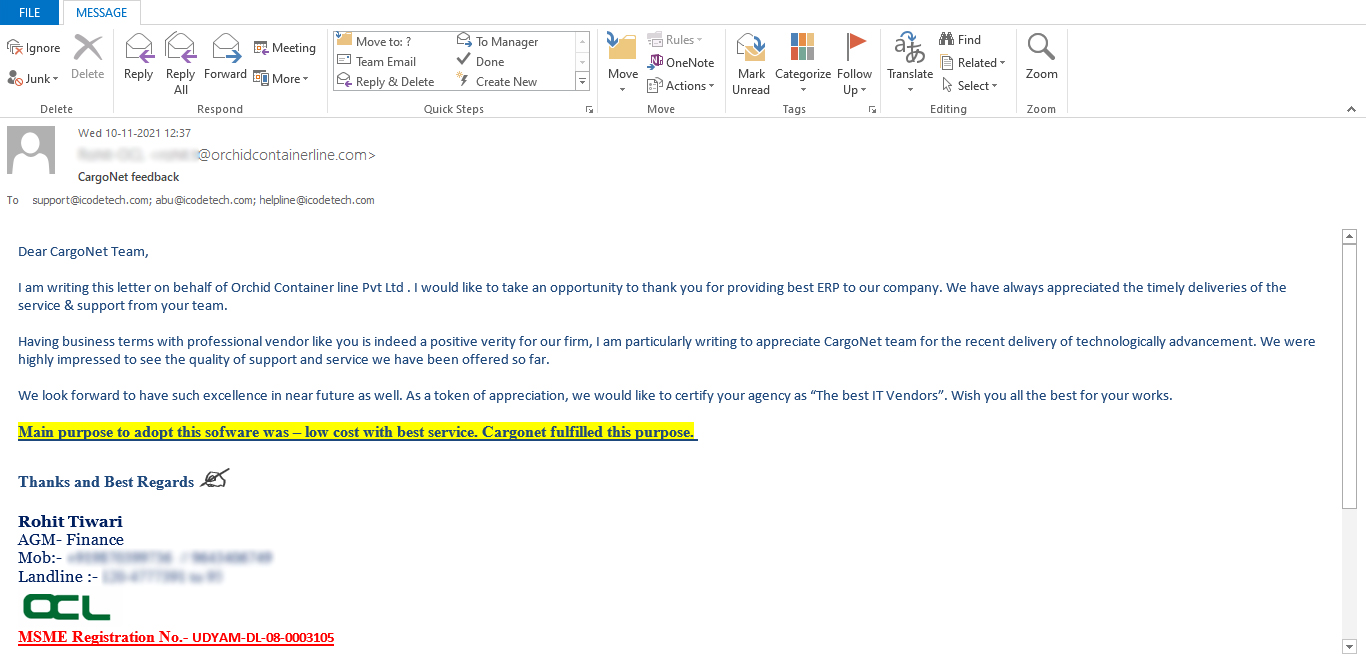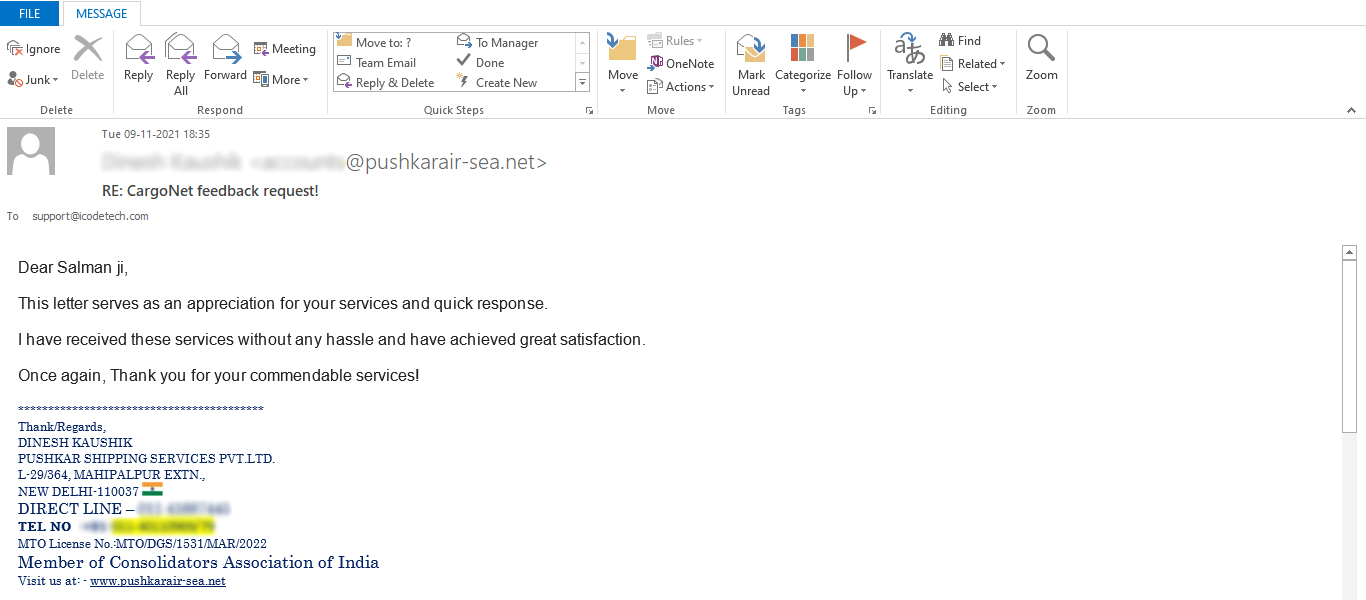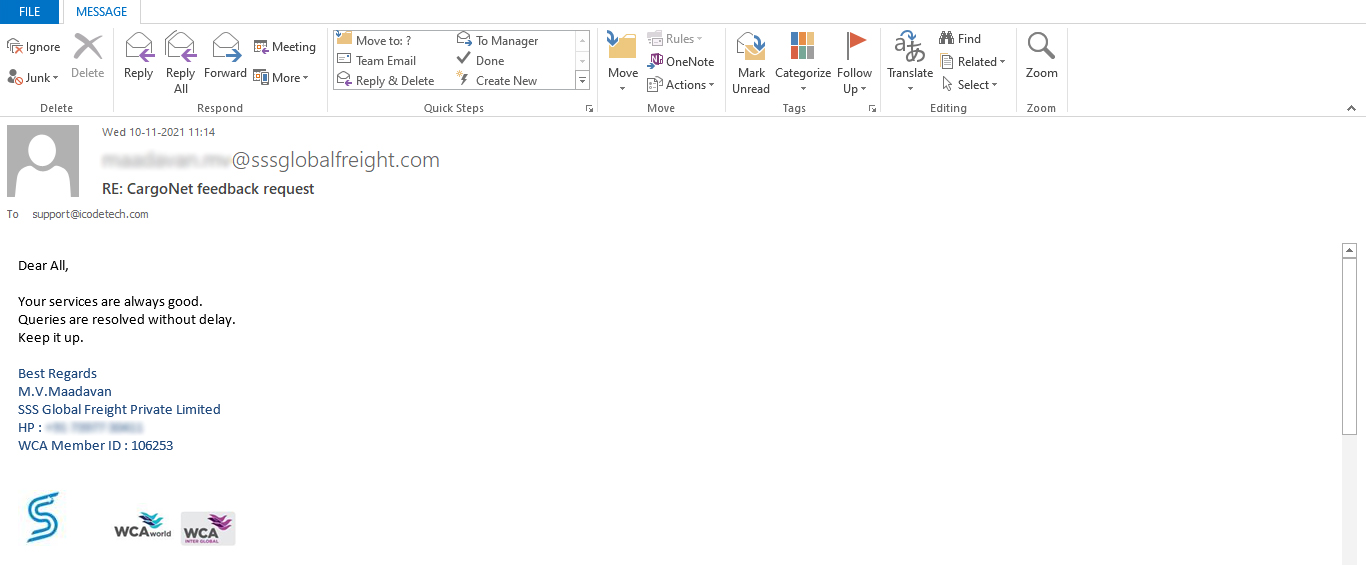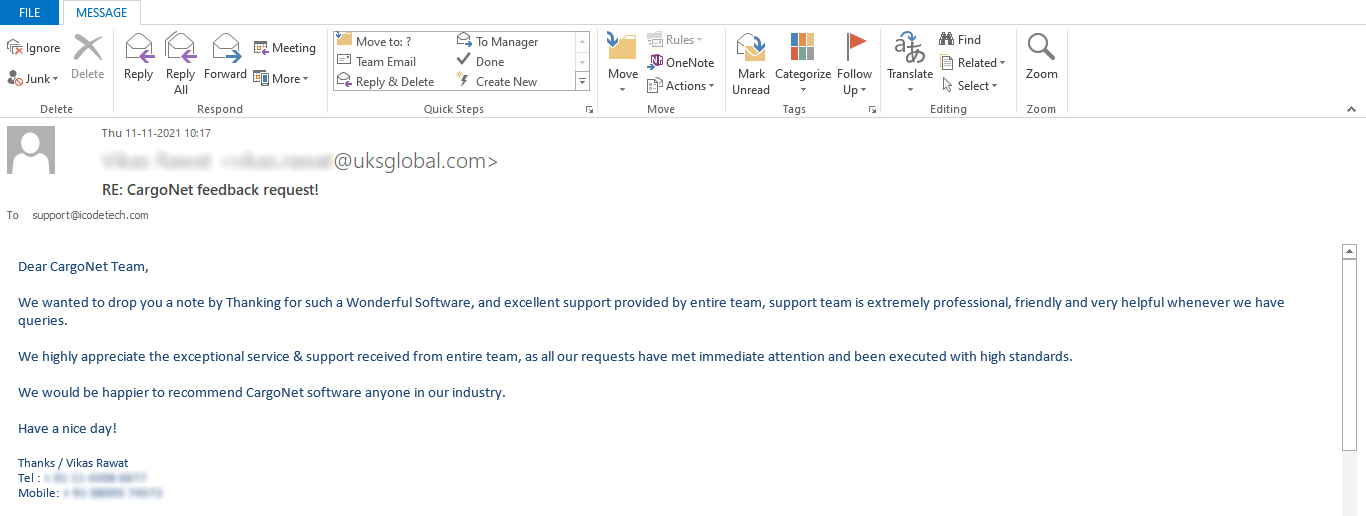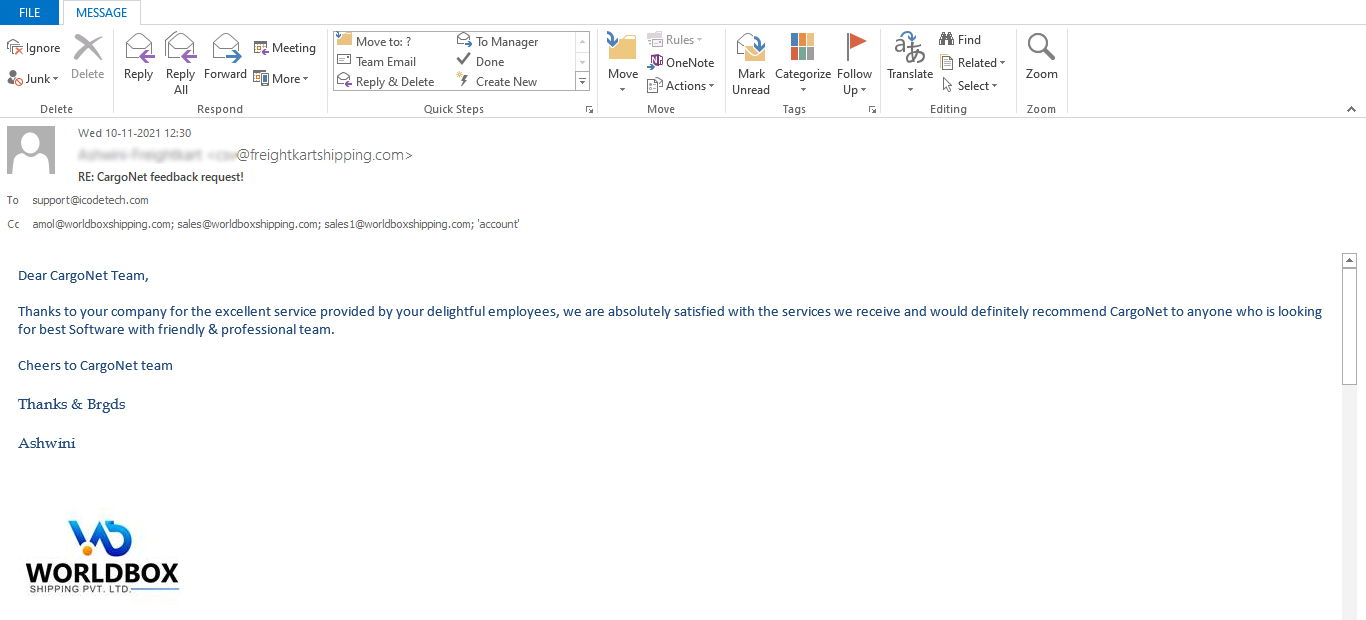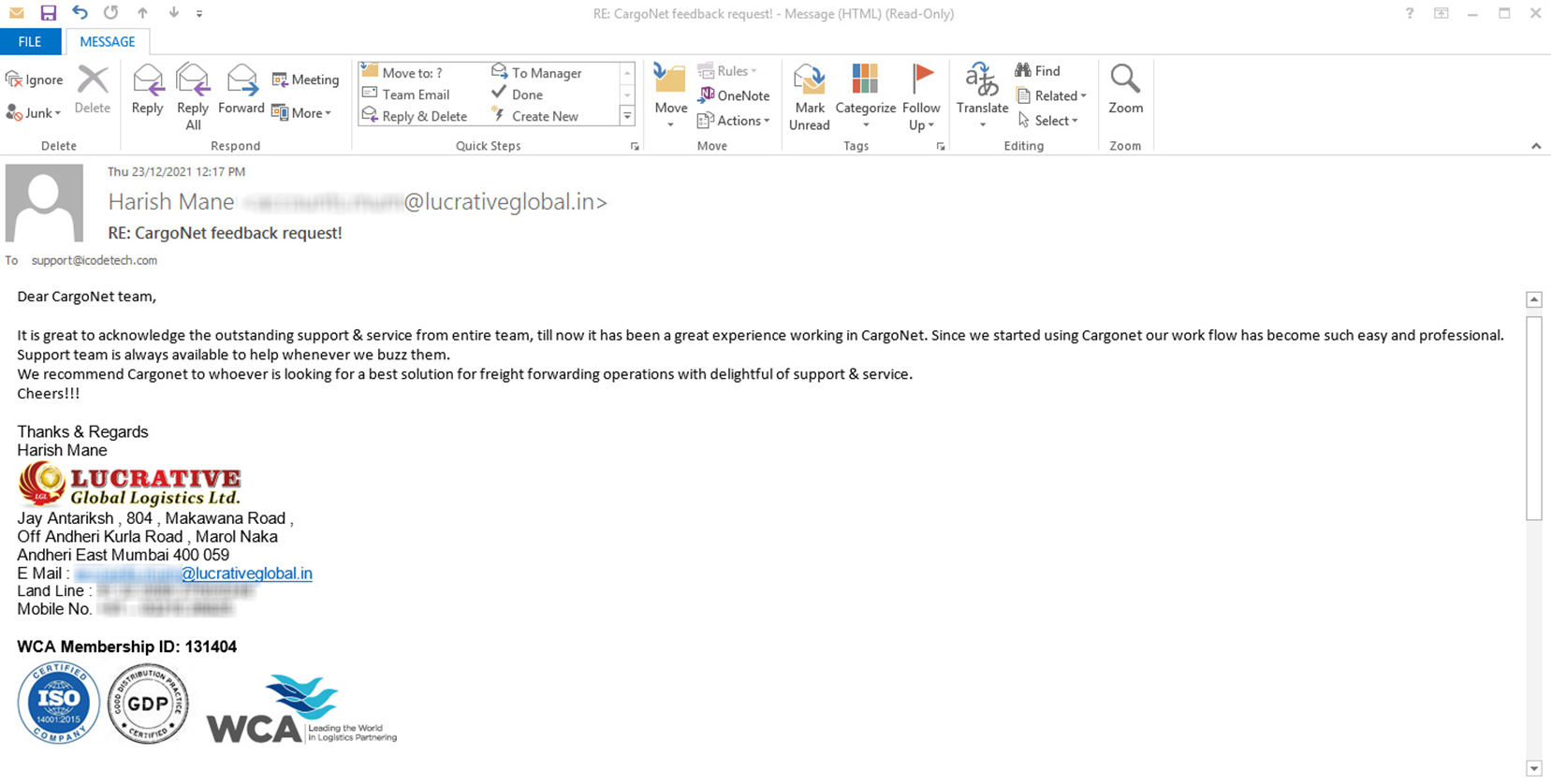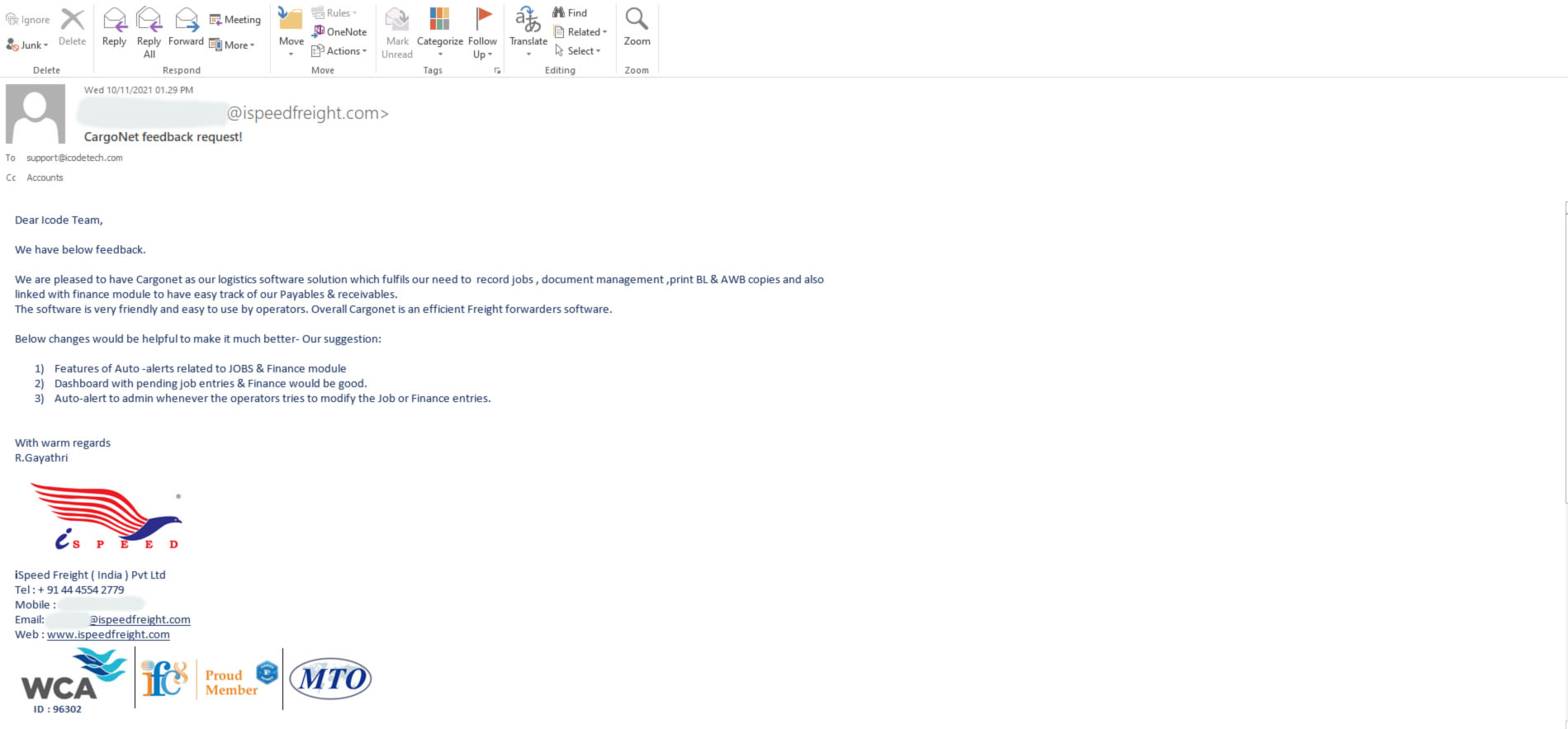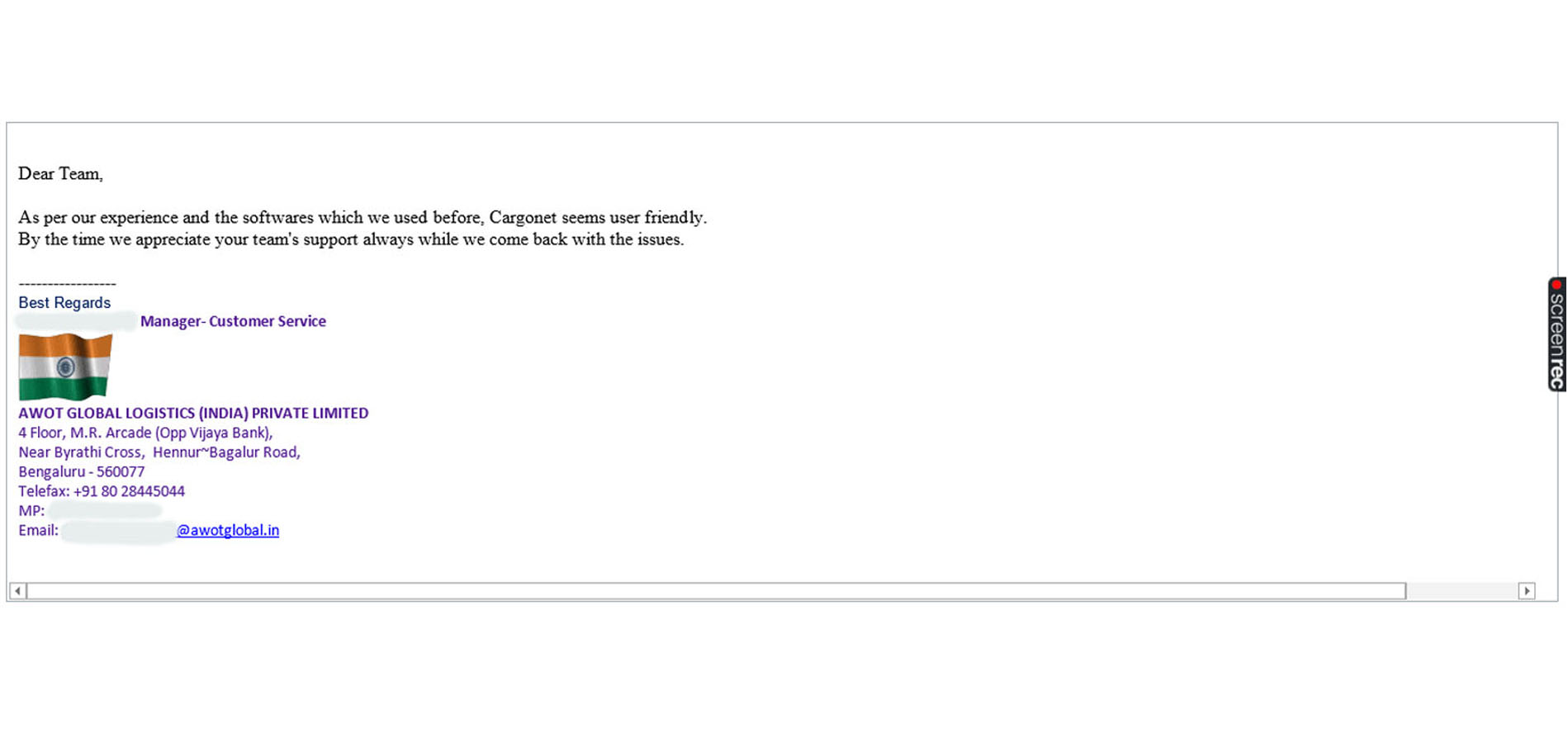1. Integration of Digital System (IDS)
The National Logistics Policy to be implemented from 2022 onwards will have a requirement for the integration of digital system to be implemented in all logistics sectors. The IDS will be developed by the Ministry of Road Transport and Highways (MoRTH) and Department of Commerce (DoC). It is expected that this will improve efficiency by providing better data analytics and decision-making tools for logistics companies.
2. Unified Logistics Interface Platform (ULIP)
The ULIP is an online platform that allows access to multiple e-commerce platforms through one login, which makes it easier for customers to buy products on various e-commerce websites like Amazon, Flipkart, etc., directly from their homes or offices. It also helps small businesses in connecting with global markets through one platform.
3. Ease of Logistics (ELOG)
This feature aims to reduce the time taken by consumers and logistics companies in completing transactions as well as make it easier for consumers to track their orders online. It will also help in reducing time taken for delivery by ensuring faster movement of goods from one place to another in order to meet consumer demand at best rates possible within stipulated timelines set by government authorities concerned
Goal of NLP (National Logistic Policy)
The goal of the NLP is to make Indian goods more competitive while also promoting economic growth and expanding job possibilities. The policy establishes a broad, multi-jurisdictional, cross-sectoral framework for the growth of the entire logistics ecosystem in an effort to address concerns of high cost and inefficiency.
The policy aims to make Indian goods more competitive while also promoting economic growth and expanding job possibilities.
The objective of this policy is to create a level playing field for all participants in the logistics value chain across sectors such as: transportation, warehousing & distribution and information technology.








